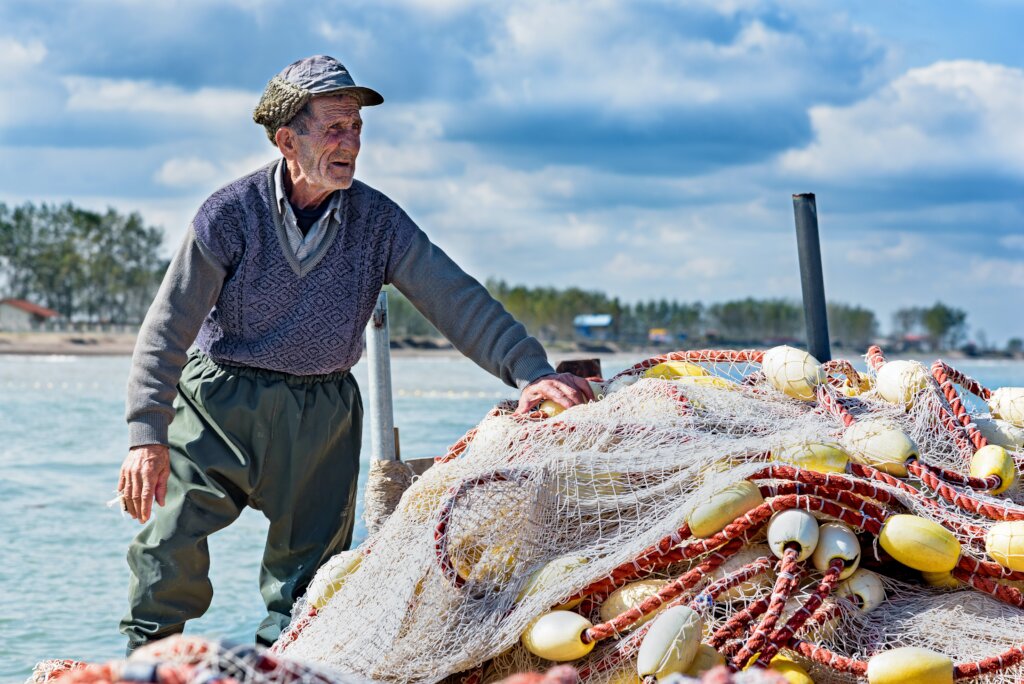Project Report
| Feb 9, 2022
Curbing over fishing and protecting global fish stock
By Shayle Havemann | Project leader
![]()
Introduction
The reefs are the main source of protein for the communities that live on the island & therefore are under a great deal of fishing pressure and prone to habitat destruction. To ensure that there are fishing stocks for future generations, the local community understand that they must protect certain areas of the reef.
Report
We have now completed our work in the Fiji islands and will be transitioning to supporting community initiatives with a more global reach and look forward to updating you all on our progress and introducing new initiatives in the near future.
Thank you for your support
![Share on Twitter]()
![Share on Facebook]()
Oct 8, 2021
Working to prevent overfishing
By Shayle Havemann | Project leader
Introduction
The fish population in the pacific is in a critical condition, population numbers as well as the diversity of species has suffered intensely over the past 5 years. In addition to marine life suffering, so are habitats and this illegal, over-exerted trade is contributing heavily to environmental degradation. Our project is focused on providing the training, resources and equipment for local community members to continue monitoring and preserving the habitats and reducing the illegal trade.
Report
Working with the local authorities and communities this project engages the local communities around Australia, neighbouring islands and countries to identify critically low areas of the fish population in the ocean and train local people to assist with data collection. We need $450 per local community member to get them PADI training so that they are able to run their own project. We have managed to raise $1025 so far.
Thank you for your support
![Share on Twitter]()
![Share on Facebook]()
Jun 8, 2021
Save our fish and protect our oceans!
By Shayle Havemann | Project leader
![]()
Introduction
The fish population in Fiji is in a critical condition, population numbers as well as the diversity of species has suffered intensely over the past 5 years. The reefs are the main source of protein for the communities that live on the island & therefor are under a great deal of fishing pressure and prone to habitat destruction. To ensure that there are fishing stocks for future generations, the local community understand that they must protect certain areas of the reef
Report
This project engages the local communities around the Fijian Islands and neighbouring countries to identify areas with a critically low fish population in the ocean and train local people to assist with data collection. Alongside this training and development program to up-skill the local community, we will also be running an outreach program with local partners to build awareness, understanding and help re-train local fisherman. $25 will purchase snorkeling gear for one local researcher.
Thank you for your support
![Share on Twitter]()
![Share on Facebook]()
